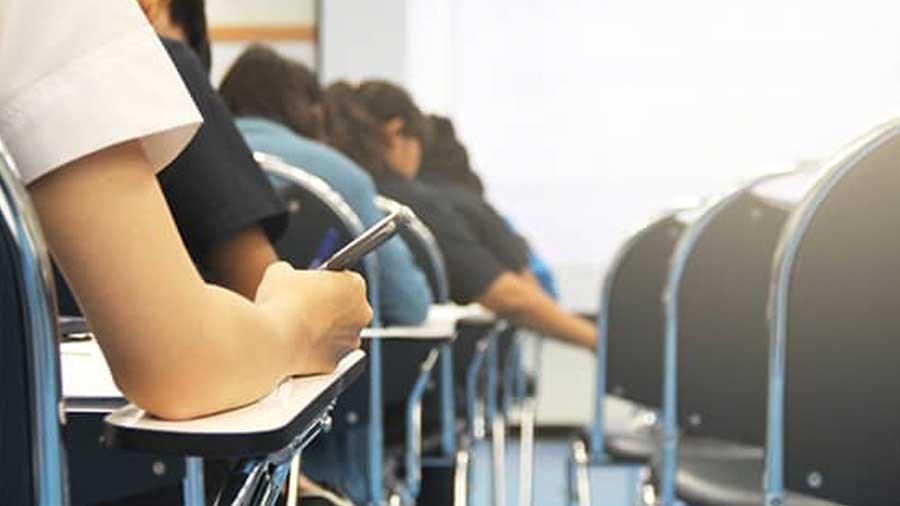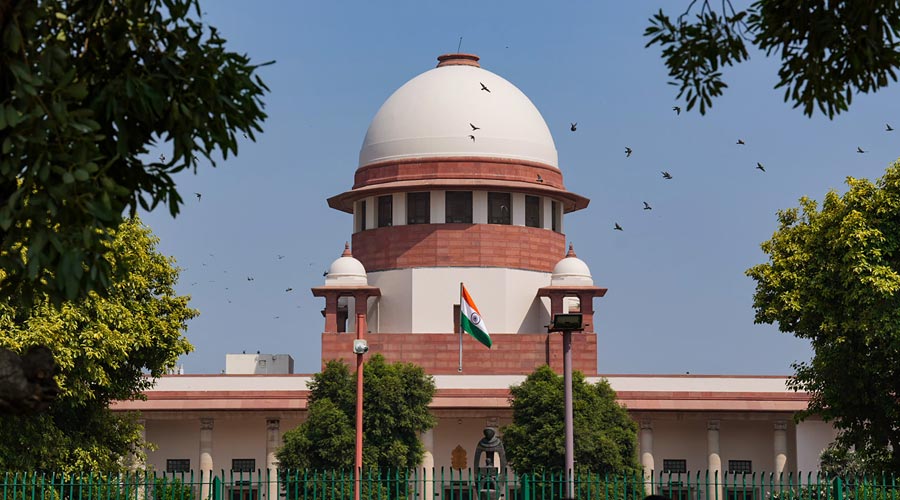A parliamentary panel has deplored the Union Public Service Commission’s practice of denying Civil Services Examination candidates the opportunity to contest mistakes in the answer key of the preliminary test, saying this “compromises the validity and fairness” of the exam that picks India’s top civil servants.
The UPSC told the parliamentary panel that it publishes the answer key of the preliminary test — a list of the correct answers to the questions — only after the subsequent “main” exam and interview have been held and the results declared.
“In other words, the commission is depriving the candidates of an opportunity to contest the answer key before progressing to the next stage of the said examination,” the standing committee on personnel, public grievances, law and justice, headed by BJP member Sushil Kumar Modi, said in a report tabled in Parliament last week.
“This practice not only demoralises the candidates but also compromises the validity and fairness of the examination process.”
Although the UPSC exercises the utmost caution to ensure the answer key is fool-proof, the possibility of errors cannot be ruled out, the House panel said.
“The committee, therefore, recommends that UPSC may take steps to publish the answer key right after the preliminary stage of the civil services examination and allow candidates to raise objections,” it said.
The panel also recommended that the schedule for the exam — which selects candidates for the top civil services such as the IAS and the IPS — be tightened and a level playing field be created for examinees from different academic backgrounds.
Mohammad Tarique, history teacher at Vajiram & Ravi, a private coaching institute, said: “The idea of releasing the answer key is to bring transparency to the exam and ensure that no candidate is victimised for flaws in the exam itself.”
He said the UPSC should allow re-evaluation of any paper or answer if a candidate feels aggrieved. Also, he said, the interviews should be recorded and made available to candidates so that the unsuccessful candidates can improve on their areas of weakness, and any arbitrariness on the part of the interviewers can be exposed.
The parliamentary committee said an expert group should be appointed to assess the question pattern and syllabus for the Civil Services Examination to provide an even contest to candidates irrespective of their academic background.
Tarique said the final results show high success rates for candidates opting for subjects like political science, sociology and anthropology in the main exam.
The UPSC follows a certain formula for normalisation of the variations in scoring in the different subjects, but has never made the formula public.
“There are two possibilities. The standard of questions may be easy, or the marking scheme liberal, in certain subject papers,” Tarique said.
He said the UPSC should weed out such differences, at least between papers from the same stream.
The parliamentary panel noted that the average time taken for the Civil Services Examination from notification to the declaration of results is nearly 15 months. It said the duration of a recruitment exam should not exceed six months.
The preliminary test is held in May. It is made up of two MCQ papers – a Civil Service Aptitude Test (CSAT) and a General Studies paper — carrying 200 marks each.
Candidates are required to score 33 per cent in the CSAT, a qualifying paper that tests their comprehension, logical reasoning and analytical abilities, basic numeracy and communication skills.
Nearly 5 lakh candidates take the preliminary test while about 12,000 qualify for the main exam, selected solely on the basis of their General Study scores.
The main exam has four General Study papers, two papers from a subject chosen by the candidate, and a paper on essay writing, each of the seven papers carrying 250 marks. It is usually held in September.
Those who clear the main exam are called to an interview of 275 marks, held usually in March or April the following year. The final merit list is prepared on the basis of the candidates’ scores in the main exam and the interview. The final results are declared in May.
The answer key of the preliminary test is released after the final results are announced.
A committee under B.S. Baswan, former director of the Indian Institute of Public Administration, studied all the possible anomalies in the Civil Services Exam and submitted its report to the Union government’s department of personnel and training in 2017. But its contents have not been made public.












